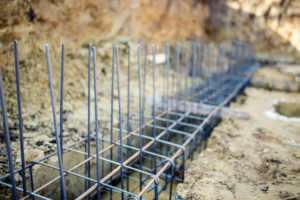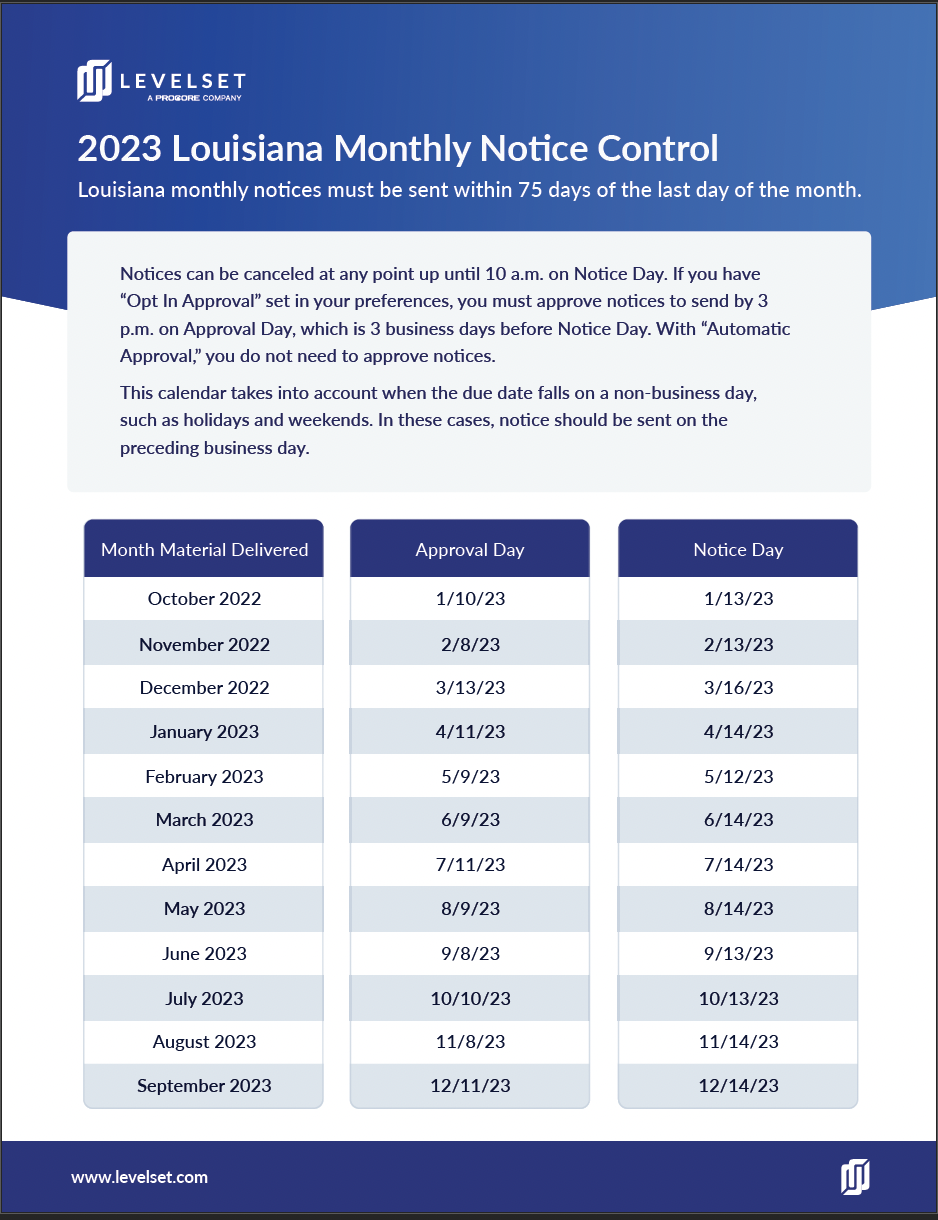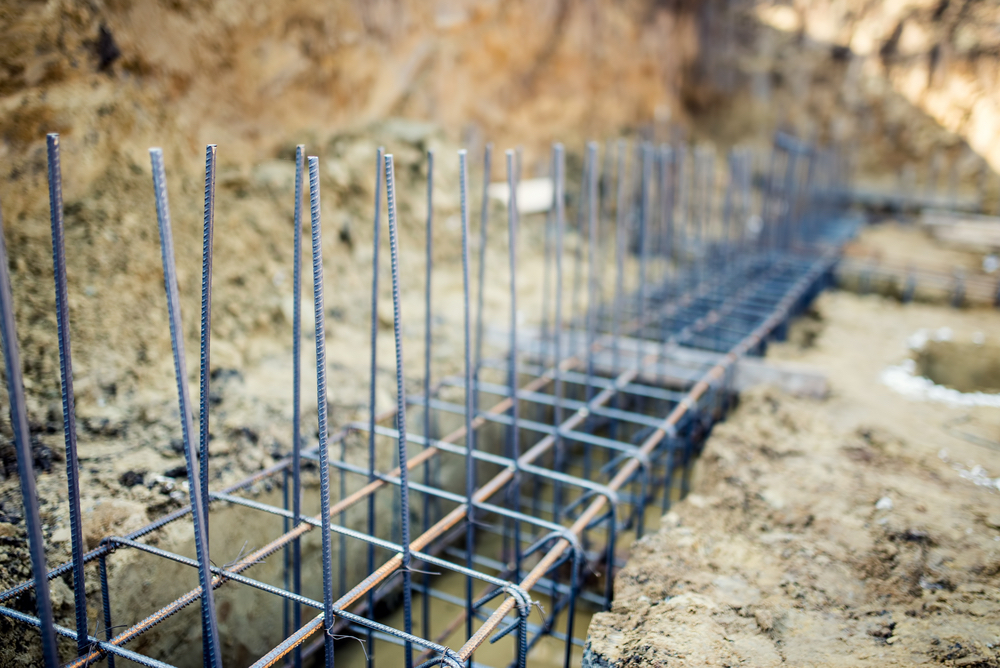
Louisiana’s lien and notice laws changed on January 1, 2020, so some information in this post might be outdated. You can learn what changed and what rules apply here: Louisiana Mechanics Lien FAQs and Louisiana Notice FAQs.
Notice vs. Non-Notice States
As a construction attorney practicing in multiple jurisdictions, I typically classify a state as either a notice or a non-notice state. I do this to help keep things simple—the notice vs. non-notice classification is very general. I practice in Louisiana and California. Generally speaking, California is a notice state and Louisiana is not.
The reason I make this distinction is because, in California, a preliminary notice is required on every job by every entity on that job that does not have a direct contract with the owner. That means subcontractors, suppliers and equipment lessors have to send out preliminary notices on a job as it starts.
On the contrary, I classify Louisiana as a non-notice state. This is because there is no requirement for contractors, subcontractors or laborers to send out preliminary notices on jobs. Even for suppliers, there is no requirement to send out preliminary notices before beginning to supply on a job.
Before going further, note that Louisiana notice requirements change January 1, 2020
Louisiana Mechanics Lien Rules Updated by Passing HB 203
Louisiana Notice Requirements for Material Suppliers
Even with Louisiana being considered a non-notice state, there is an onerous notice requirement for Louisiana suppliers. A supplier is a company that supplies materials to a job that are then incorporated into the improvement, but they do not perform any of the work installing the product.
Both the Louisiana Public Works Act and the Private Works Act have this similar requirement. The Public Works Act, La. R.S. 38:2241 et seq., reads:
In addition to the other provisions of this Section, if the materialman has not been paid by the subcontractor and has not sent notice of nonpayment to the general contractor and the owner, then the materialman shall lose his right to file a privilege or lien on the immovable property. The return receipt indicating that certified mail was properly addressed to the last known address of the general contractor and the owner and deposited in the U.S. mail on or before seventy-five days from the last day of the month in which the material was delivered, regardless of whether the certified mail was actually delivered, refused, or unclaimed satisfies the notice provision hereof or no later than the statutory lien period, whichever comes first. La. R.S. 38:2242(F).
The section of the Private Works Act, La. R.S. 9:4801 et seq., similarly reads:
In addition to the other provisions of this Section, if the seller of movables has not been paid by the subcontractor and has not sent notice of nonpayment to the general contractor and the owner, then the seller shall lose his right to file a privilege or lien on the immovable property. The return receipt indicating that certified mail was properly addressed to the last known address of the general contractor and the owner and deposited in the U.S. mail on or before seventy-five days from the last day of the month in which the material was delivered, regardless of whether the certified mail was actually delivered, refused, or unclaimed satisfies the notice provision hereof or no later than the statutory lien period, whichever comes first. La. R.S. 9:4802(G)(3).
In the Public Works Act, the supplier is called a “materialman,” and in the Private works act he is called a “seller of movables.” These terms are interchangeable. It all means that a supplier needs to send notice of nonpayment within 75 days of each month that materials were supplied and not paid for.
For example, if a supplier delivers materials on January 10, then he has 75 days from January 31 to send out a notice of non-payment for that month. So in this example, the notice of nonpayment needs to be sent before April 15. If a supplier delivers materials any time in February, then notices of nonpayment need to be sent by May 15.

Download the 2023 Louisiana Monthly Notice Calendar
This calendar takes the guesswork out of calculating the deadline for your Louisiana monthly notices. We update it annually.
Download the calendarDivide Between Sales and Credit
Many suppliers loathe this requirement because it is perceived to be bad for business. Suppliers have fragile relationships with the contractors using their supplies. An electrician can go buy a light switch anywhere, right? Why would he go buy one from a supply house that sends notices to the owner, surety and other contractors who hired that electrician?
The bottom line here is that security is everything when it comes to collecting on debts. The law requires that the notices be sent each and every month to preserve lien rights. A savvy supplier will send these out, despite any negative consequences with its customer. The construction industry is not there yet, but it will move toward these notices being more commonplace.



